Building Meaningful Work Relationships with Your Team: The Foundation for Success
In today’s dynamic and collaborative workplace, the importance of building meaningful work relationships cannot be overstated. Strong relationships within a team are the cornerstone of a positive work environment, fostering collaboration, enhancing productivity, and promoting overall job satisfaction. Whether you are a team leader or a team member, cultivating these relationships is essential for personal growth and organizational success. This article explores practical strategies for building and maintaining meaningful work relationships with your team.
1. Prioritize Open and Honest Communication
Communication is the bedrock of any successful relationship, and it’s especially true in the workplace.
Be Transparent: Share information openly with your team, whether it’s about project updates, company goals, or challenges. Transparency fosters trust and ensures everyone is on the same page.
Listen Actively: Encourage team members to voice their opinions, ideas, and concerns. Active listening involves paying attention, asking questions, and acknowledging the other person’s perspective. It shows respect and fosters a culture of openness.
Provide Constructive Feedback: Regularly provide feedback that is both positive and constructive. When giving feedback, be specific and focus on behaviors rather than personal attributes. This helps team members grow without feeling criticized.
2. Show Empathy and Understanding
Empathy is the ability to understand and share the feelings of others. In the workplace, showing empathy helps to build deeper connections with your team.
Recognize Individual Challenges: Each team member may face different personal or professional challenges. Acknowledge these challenges and offer support where possible, whether it’s through flexible working arrangements or providing resources to help them succeed.
Celebrate Successes and Learn from Failures: Celebrate the achievements of your team members, no matter how small. Recognizing their hard work boosts morale and strengthens relationships. Likewise, when things don’t go as planned, approach the situation with empathy, focusing on learning rather than blaming.
Be Approachable: Make it clear that you are available to listen and help when needed. An open-door policy encourages team members to come to you with concerns, questions, or ideas, further strengthening your relationships.
3. Foster Collaboration and Teamwork
A team that works well together is more than the sum of its parts. Collaboration and teamwork are key to building meaningful relationships within your team.
Encourage Cross-Functional Collaboration: Create opportunities for team members to work together across different functions or departments. This not only fosters a sense of unity but also brings diverse perspectives to the table, enhancing creativity and problem-solving.
Promote Inclusivity: Ensure that everyone on the team feels included and valued, regardless of their role, background, or experience level. Inclusivity creates a sense of belonging and encourages everyone to contribute their best.
Delegate Responsibly: Delegate tasks in a way that plays to each team member’s strengths while also providing opportunities for growth. When team members feel that their contributions are valued and that they are trusted with important tasks, it strengthens their commitment to the team.
4. Build Trust Through Reliability and Integrity
Trust is a critical component of any relationship, and it is especially important in a work environment.
Be Consistent: Consistency in your actions, decisions, and communication helps build trust over time. When team members know they can rely on you to be fair and steady, it fosters a sense of security and mutual respect.
Honor Commitments: Whether it’s meeting deadlines, keeping promises, or being available when needed, honoring your commitments shows that you are dependable. This reliability strengthens the trust between you and your team.
Demonstrate Integrity: Always act with integrity, even when it’s difficult. Being honest, ethical, and fair in your interactions builds a strong foundation of trust, which is essential for meaningful relationships.
5. Encourage Personal and Professional Growth
Helping your team members grow both personally and professionally not only benefits them but also strengthens your relationship with them.
Support Career Development: Encourage your team members to pursue professional development opportunities, such as training programs, workshops, or mentorship. Show interest in their career goals and offer guidance on how they can achieve them.
Provide Opportunities for Learning: Create an environment where continuous learning is encouraged. This could include team workshops, knowledge-sharing sessions, or simply encouraging curiosity and exploration in daily tasks.
Mentor and Coach: Take on the role of a mentor or coach, offering guidance and support as your team members navigate their careers. This not only helps them grow but also deepens your relationship with them.
6. Build a Positive and Respectful Work Environment
The environment in which your team operates plays a significant role in the quality of the relationships within it.
Promote a Positive Atmosphere: Encourage positivity in the workplace by celebrating wins, encouraging humor, and maintaining a can-do attitude. A positive environment helps reduce stress and increases job satisfaction.
Respect Differences: Acknowledge and respect the diverse backgrounds, perspectives, and working styles of your team members. Embracing diversity enhances creativity and fosters a culture of mutual respect.
Address Conflicts Promptly: When conflicts arise, address them promptly and fairly. Encourage open dialogue and work towards a resolution that respects all parties involved. Handling conflicts well can actually strengthen relationships by showing that you value harmony and collaboration.
7. Lead by Example
As a leader or a senior team member, your actions set the tone for the rest of the team. Leading by example is one of the most powerful ways to build meaningful relationships.
Model the Behavior You Want to See: Demonstrate the values and behaviors you expect from your team, such as respect, accountability, and collaboration. When your team sees you embodying these qualities, they are more likely to follow suit.
Be Transparent About Your Own Challenges: Share your own challenges and learning experiences with your team. This vulnerability can humanize you in their eyes and create a stronger, more relatable connection.
Show Humility and Gratitude: Acknowledge the contributions of your team members and express gratitude for their efforts. Humility and appreciation go a long way in building lasting relationships.
Building meaningful work relationships with your team is not just about improving workplace morale; it’s about creating an environment where everyone feels valued, supported, and motivated to do their best work. By prioritizing communication, empathy, collaboration, trust, growth, positivity, and leading by example, you can cultivate strong, lasting relationships that benefit both individuals and the organization as a whole. These relationships are the foundation of a successful, high-performing team that is capable of achieving great things together.




